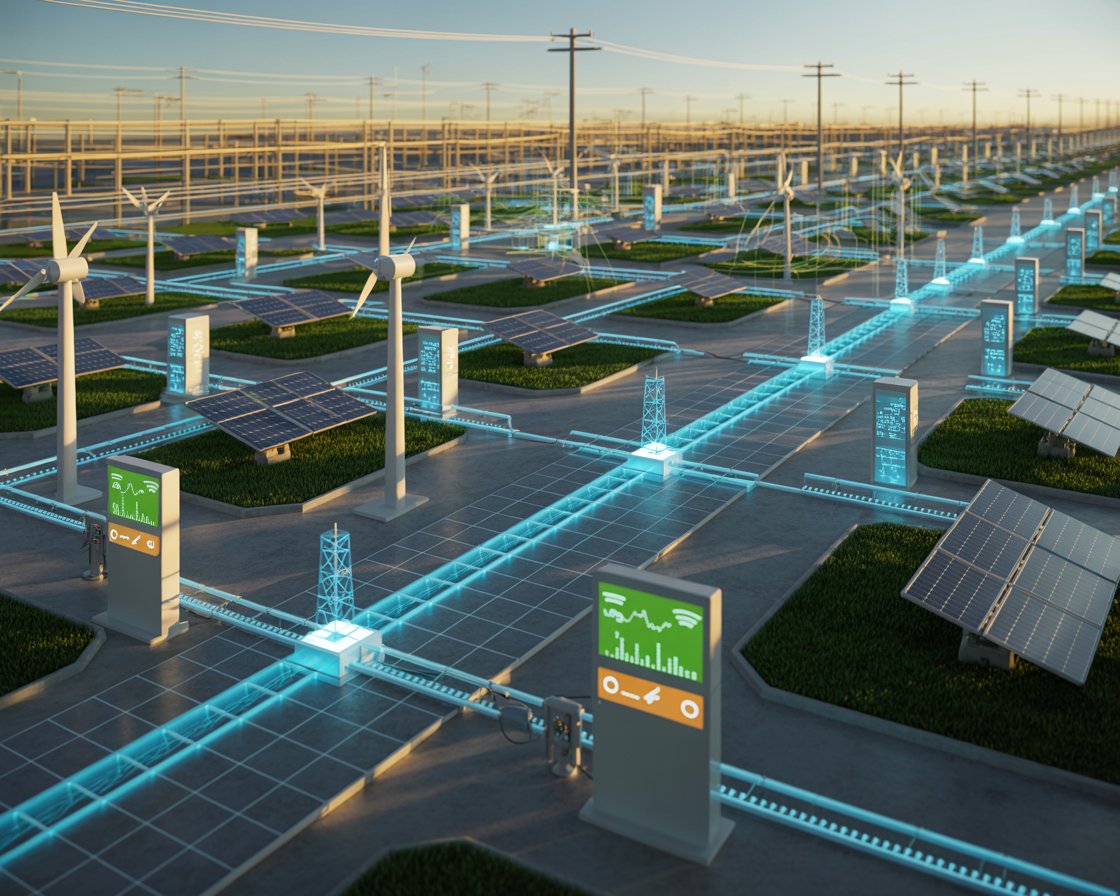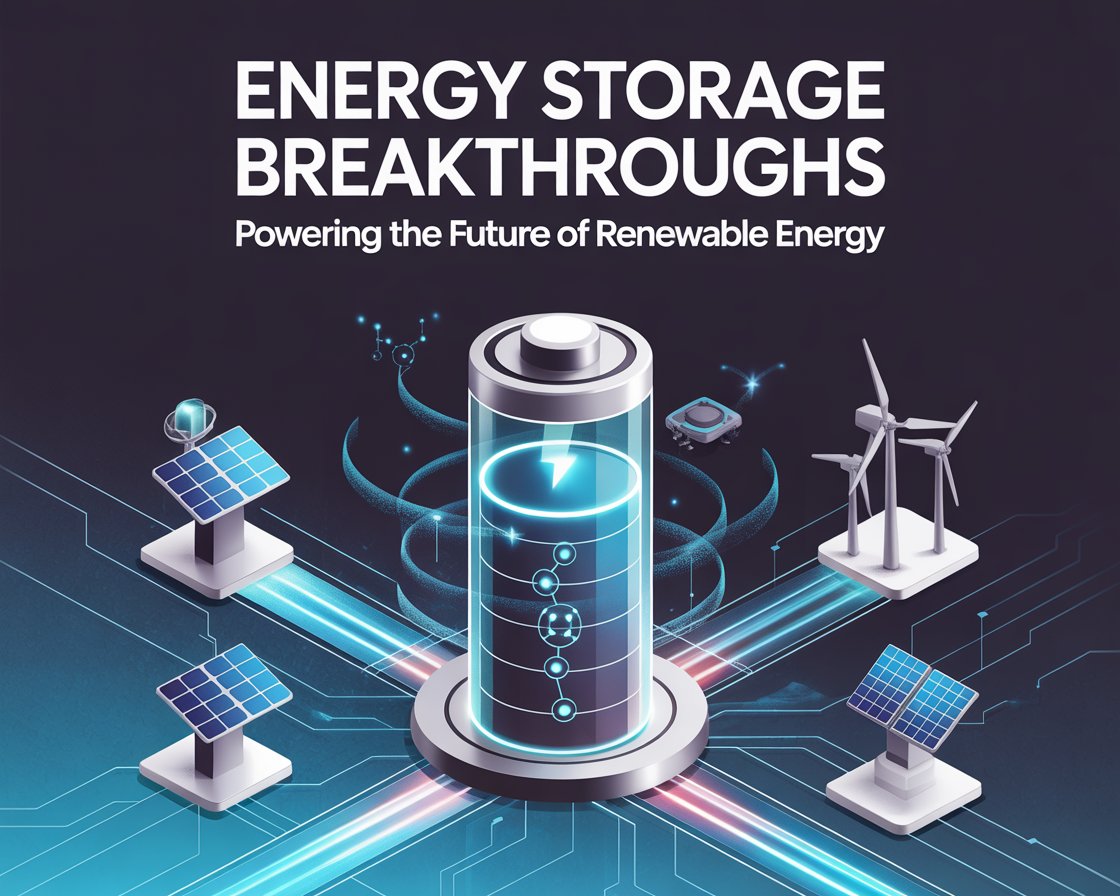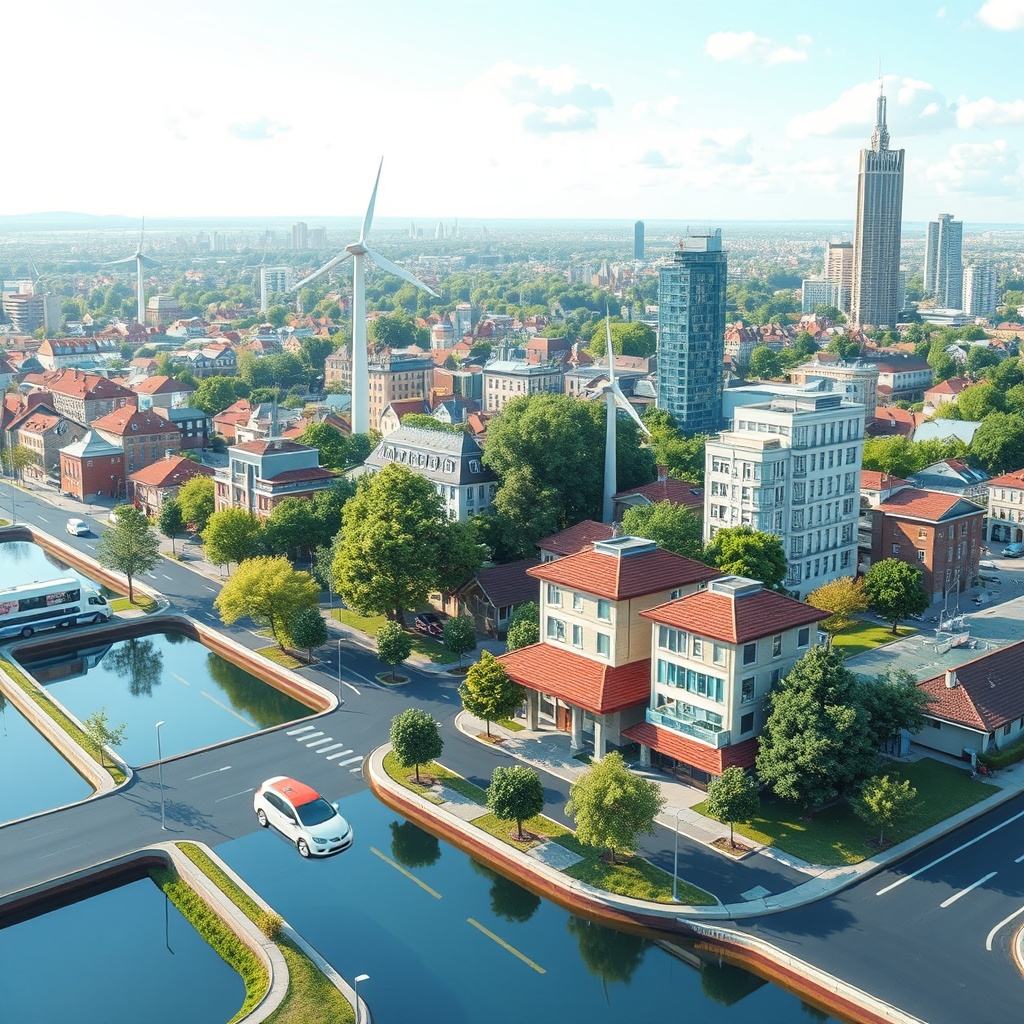
Contact Us
Latest Posts
-

Smart Grid Technologies: Revolutionizing Energy Distribution
Introduction The world is rapidly advancing toward smarter, more sustainable energy solutions, and at the heart of this transformation are smart grid technologies. These cutting-edge systems integrate modern communication and automation into the traditional grid, creating an efficient and intelligent energy network. With the global push toward renewable energy and the growing demand for better
-

Energy Storage Breakthroughs: Powering the Future of Renewable Energy
Introduction As the world shifts toward renewable energy, one of the biggest challenges remains: energy storage. Energy Storage Breakthroughs are transforming how we capture, store, and utilize power, ensuring a more reliable and efficient energy supply. These advancements are crucial to maximizing the potential of renewable sources, such as solar and wind, and enabling a
-

Integration of Renewable Energy into Smart Cities: Pioneering a Sustainable Future
Integration of renewable energy into smart cities marks a transformative step toward truly sustainable urban living. As cities around the world work to reduce their carbon footprint, renewable sources such as solar, wind, and hydropower are becoming foundational to modern urban planning. These clean energy systems are increasingly being embedded into smart city infrastructures through